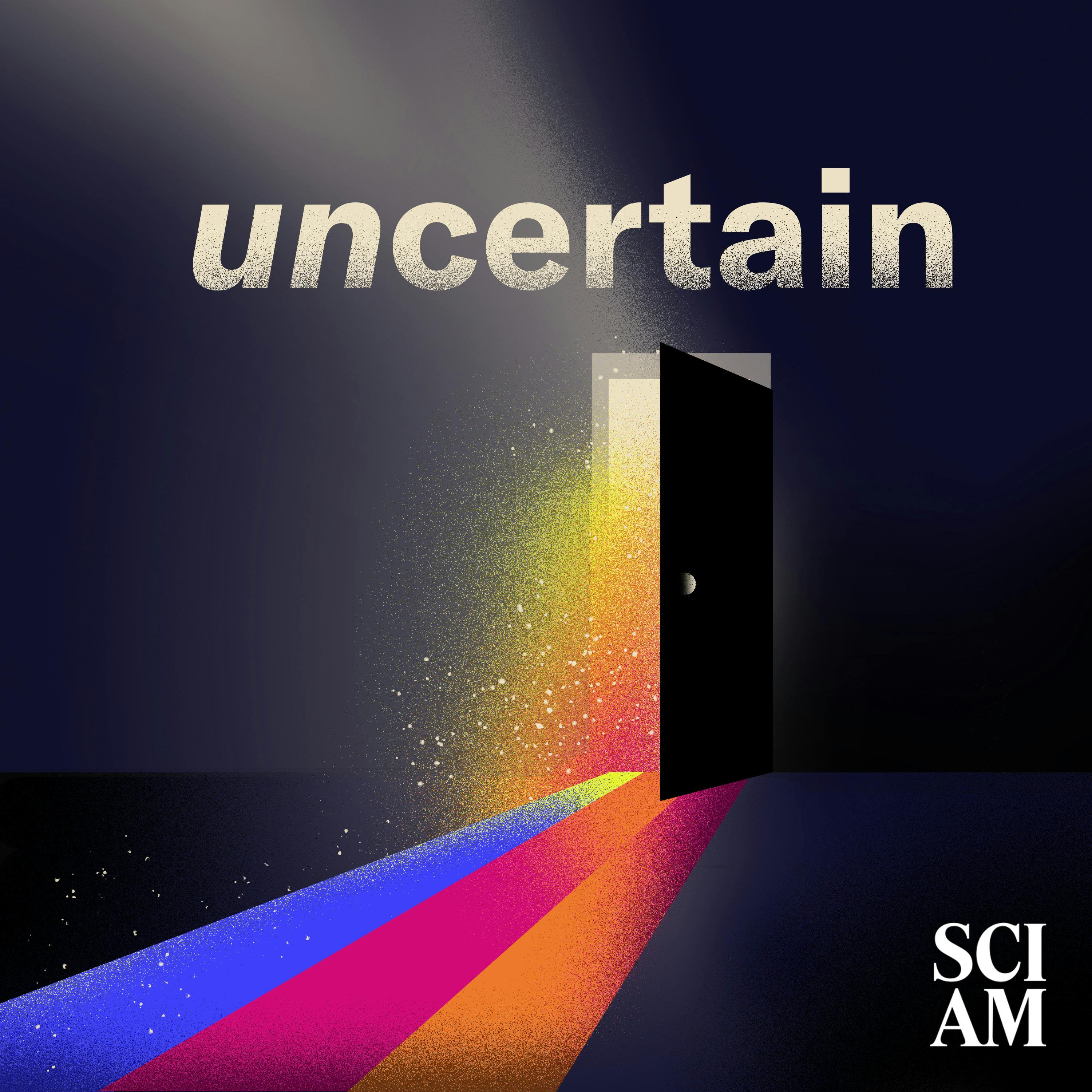

Science Talk
Scientific American
Science Talk is a podcast of longer-form audio experiments from Scientific American--from immersive sonic journeys into nature to deep dives into research with leading experts.
Episodes
Mentioned books

Jan 30, 2017 • 15min
Rapid-Response Vaccines for Epidemic Outbreaks
Trevor Mundel, president of global health at the Gates Foundation, talks to Scientific American editor-in-chief Mariette DiChristina about the Coalition for Epidemic Preparedness Innovations (CEPI) and the efforts to create vaccine platforms for rapid responses to epidemics.
Learn more about your ad choices. Visit megaphone.fm/adchoices

Jan 19, 2017 • 34min
Exit Interview: Presidential Science Advisor John Holdren
Scientific American executive editor Fred Guterl talks with Pres. Obama’s science advisor, John Holdren, about climate science, space travel, the issue of reproducibility in science, the brain initiative and more.
Learn more about your ad choices. Visit megaphone.fm/adchoices

Jan 17, 2017 • 39min
We're Taking You to Bellevue
Pulitzer Prize–winning N.Y.U. historian David Oshinsky, director of the Division of Medical Humanities at the N.Y.U. Langone Medical Center, talks about his latest book, Bellevue: Three Centuries of Medicine and Mayhem at America’s Most Storied Hospital.
Learn more about your ad choices. Visit megaphone.fm/adchoices

Dec 31, 2016 • 15min
Best Science Books of 2016
Barbara Kiser, books and arts editor at Nature, talks about her favorite science books of 2016, especially three works about the little-known history of women mathematicians.
Learn more about your ad choices. Visit megaphone.fm/adchoices

Dec 21, 2016 • 20min
Getting Robots to Say No
Gordon Briggs, a postdoc at the U.S. Naval Research Laboratory, talks about the article he and Matthias Scheutz, director of the Human Robot Interaction Laboratory at Tufts University, wrote in the January Scientific American titled "The Case for Robot Disobedience."
Learn more about your ad choices. Visit megaphone.fm/adchoices

Nov 15, 2016 • 15min
How Myths Evolve over Time and Migrations
Julien d’Huy, of the Pantheon–Sorbonne University in Paris, talks about the use of evolutionary theory and computer modeling in the comparative analysis of myths and folktales, the subject of his article in the December 2016 Scientific American.
Learn more about your ad choices. Visit megaphone.fm/adchoices

Oct 26, 2016 • 20min
Attack On the Internet: Weak-Link Nanny Cams
Paul Rosenzweig, former deputy assistant secretary for policy in the Department of Homeland Security and founder of Red Branch Consulting, PLLC, talks about the October 21 attack on internet service in the U.S. that left millions without connectivity for hours. Learn more about your ad choices. Visit megaphone.fm/adchoices

Oct 17, 2016 • 20min
Flint's Water and Environmental Justice
The University of Michigan's Paul Mohai, a leading researcher of issues related to environmental justice, talked about the Flint water crisis at a workshop sponsored by the Institute for Journalism and Natural Resources, attended by Scientific American contributing editor Robin Lloyd.
Learn more about your ad choices. Visit megaphone.fm/adchoices

Oct 5, 2016 • 21min
Chemistry Nobel Prize: Machines Too Small to See
The Nobel Prize in Chemistry was awarded today to Jean-Pierre Sauvage, Sir James Fraser Stoddart and Bernard L. Feringa for the design and synthesis of molecular machines.
Learn more about your ad choices. Visit megaphone.fm/adchoices

Oct 4, 2016 • 20min
Physics Nobel Prize: Buns, Bagels and Pretzels Help Explain Exotic Matter
The Nobel Prize in Physics was awarded today to David J. Thouless, F. Duncan Haldane and J. Michael Kosterlitz for theoretical discoveries of topological phase transitions and topological phases of matter.
Learn more about your ad choices. Visit megaphone.fm/adchoices


